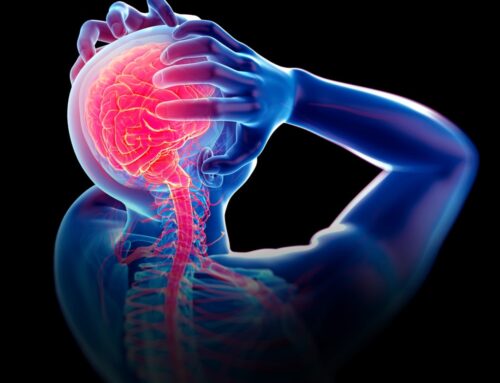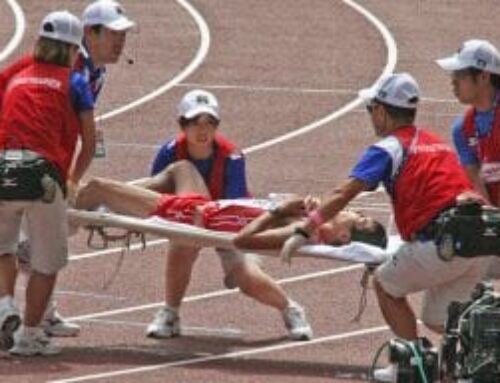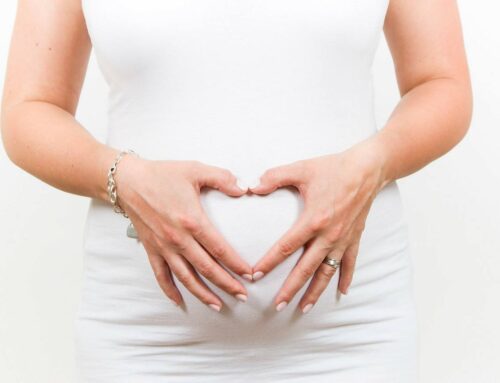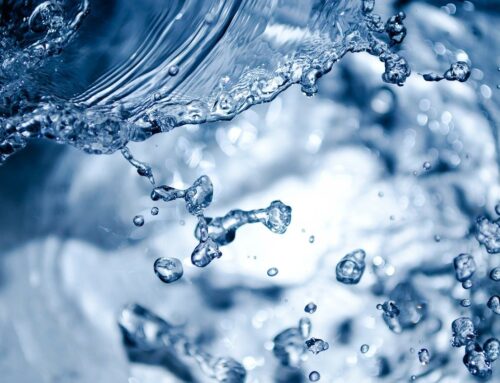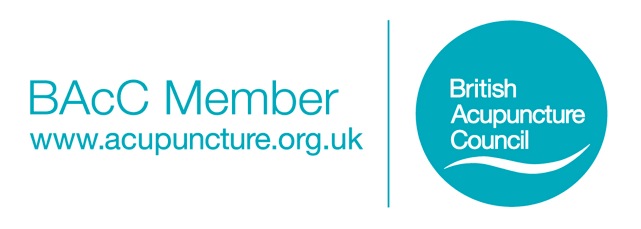Headache
A Headache Is A Non-Specific symptom of Pain anywhere in the Head or Neck and more than 10 million people in the UK get headaches, making them one of the most common health complaints.
Most headaches aren’t serious and can be treated with pharmacy remedies, acupuncture and lifestyle changes such as; getting more rest and drinking enough fluids and exercise.
Tension headaches are the most common, and are what most of us would consider everyday headaches. They feel like a dull ache with constant pressure around the front, top and sides of the head as if a rubber band has been stretched around it.
Migraines
Migraines are less common than headache’s and are recurrent and disabling to the point of stopping you from carrying on with daily life. Migraines are described as a pounding or throbbing pain on one or both sides of the head.
Cluster Headache
Cluster headaches are a third type of headache and are described as excruciatingly painful headaches causing an intense pain around one eye. They’re rare and are called cluster headaches because they happen in clusters for a month or two at a time around the same time of year.
Read more about Headaches on the NHS
As the brain tissue itself lacks pain receptors the sensation of pain is caused by disturbance of the pain-sensitive structures around the brain such as the periosteum of the skull, muscles, nerves, arteries and veins, subcutaneous tissues, eyes, ears,sinuses and mucous membranes.
 Can Acupuncture help with Headache?
Can Acupuncture help with Headache?
Acupuncture can be an effective treatment for tension headaches migraines, cluster headaches, post-traumatic headaches, and disease-related headaches that might be due to sinus problems, high blood pressure or sleeping disorders.
The greatest advantage of acupuncture has over a pharmaceutical intervention is the lack of side effects. Some medications can have serious side effects and can (in some instances) actually lead to patients experiencing a “rebound” headache. If you are prescribed medication you may find that acupuncture can be complimentary to that medication enhancing its overall effectiveness.
However if your Doctor has prescribed you medication you must discuss with your Doctor how and when to start to reduce your dose.
How does Traditional Chinese Medicine (TCM) view Headaches?
TCM views the head as where the yang meridians of the arms and legs met along with the Du Mai (Governing Vessel) which controls the Yang Qi of the whole body. Additionally the Jing (Essence) and Xue (Blood) of the Zang (Yin) organs along with the Yang of the six Fu (Yang) organs are all nourishing the Sea of Marrow (Brain).
The Sea of Marrow can be affected by external or environmental Qi which are also known as external pathogenic factors, emotional issues or issues with the ZangFu or meridian system.
In practice we will diagnose the headache within the framework of TCM and then select the points that will help generally combining this with Tui Na massage and/or exercises to help.
Clinically you should start to notice a difference within a few sessions (generally 4 to 6) when treating general stress type headaches. However Migraine and Cluster headaches can take longer as they are seen to be a more chronic disease.
About Acupuncture
Acupuncture is a tried and tested system of traditional medicine, which has been used in China and other eastern cultures for thousands of years to restore, promote and maintain good health. Its benefits are now widely acknowledged all over the world and in the past decade traditional acupuncture has begun to feature more prominently in mainstream healthcare in the UK. In conjunction with needling, the practitioner may use techniques such as moxibustion, cupping, massage or gua sha.
Traditional acupuncture takes a holistic approach to health and regards illness as a sign that the body is out of balance. The exact pattern and degree of imbalance is unique to each individual. The traditional acupuncturist’s skill lies in identifying the precise nature of the underlying disharmony and selecting the most effective treatment. The choice of acupuncture points will be specific to each patient’s needs. Traditional acupuncture can also be used as a preventive measure to strengthen the constitution and promote general well-being.
Acupuncture Evidence
There is an increasing weight of evidence based research from Western scientific research demonstrating the effectiveness of acupuncture for treating a wide variety of conditions. Evidence from the most up-to-date and highest quality systematic review showed that there are clinically relevant benefits of adding acupuncture to routine care.
From a western medical perspective acupuncture is believed to stimulate the nervous system and cause the release of neurochemical messenger molecules. The resulting biochemical changes influence the body’s homeostatic mechanisms, thus promoting physical and emotional well-being. Stimulation of certain acupuncture points has been shown to affect areas of the brain that are known to reduce sensitivity to pain and stress (Hui 2010).
For a list of research articles please go to the British Acupuncture Council page on headaches.
A Cochrane review in April 2016, which can be found here, concluded:
The available evidence suggests that a course of acupuncture consisting of at least six treatment sessions can be a valuable option for people with frequent tension-type headache.




